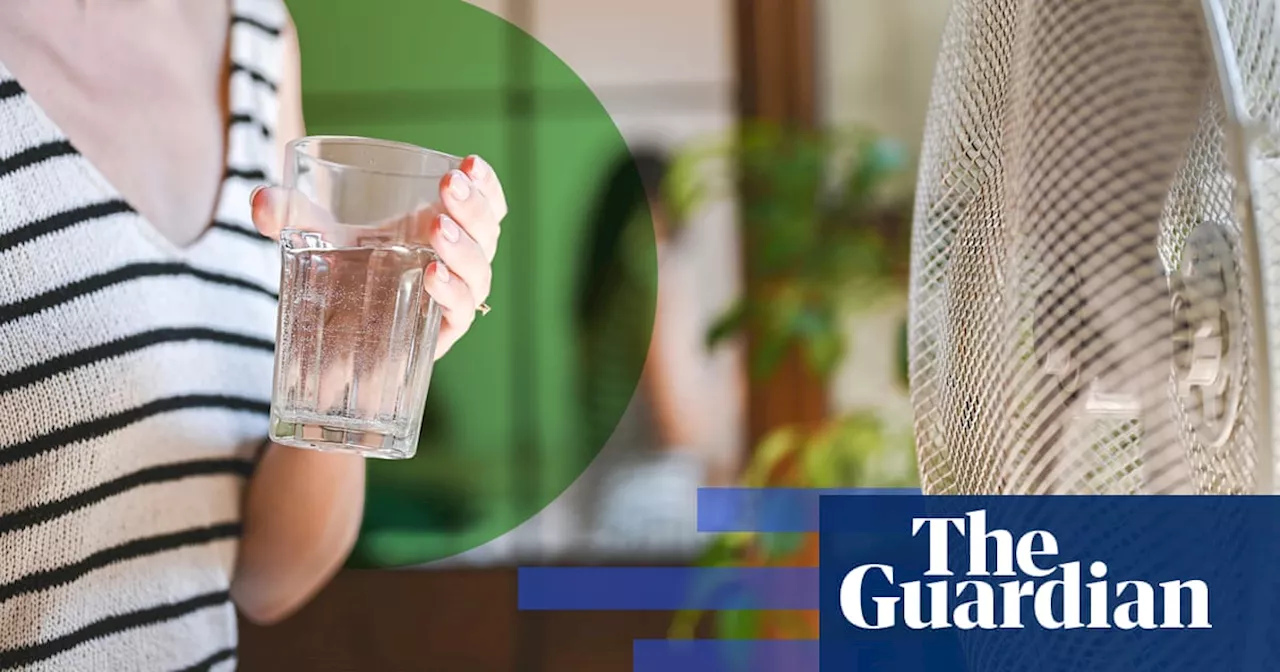As Australia swelters through a scorching January, readers share clever and eco-conscious strategies for staying cool indoors. From understanding the nuances of wind chill to maximizing the effectiveness of fans, these tips offer practical solutions for beating the heat without breaking the bank or the planet.
As January temperatures soar and parts of Australia swelter through a hot long weekend, readers share their eco-friendly tips and tricks for keeping cool inside, whether you own your own home or are renting. One trap is confusing air temperature with wind chill. Say it is 25C in the house, 27C and rising outside, and there is a breeze. If you open up, it will feel cool, but the incoming air is warming the house. Better to stay closed up and use a fan.
Fans do generate a bit of heat and don’t actually cool the air, so turn them off when there’s no one in the room. Do heat-generating tasks (cooling bottles of water in the fridge, running the dishwasher or a hot wash) overnight, letting the heat escape outside in the early morning. Once you’ve closed up the house, it’s too late to chill the water; the fridge will push the heat into the room. Thick curtains are great but the heat hits the glass and rises into the room. Enclosed pelmets make heaps of difference because they trap the heat behind the curtain. I put aluminum foil over west-facing windows (can be glued or Blu-Tacked to the glass, shiny side out). Works even better with a layer of thick cardboard behind this as well. When it's hot at night I cuddle an ice pack and lay under a wet sheet in front of the fan. Why isn’t there a mandate to have all new houses built with double glazing? Then it becomes cheaper to replace existing windows. Huge improvement in hot and cold climates. Many homes (especially older homes built more than 20 years ago) have vents in ceilings (into roof spaces) with fans in bathrooms, toilets and kitchen range hoods with no dampers. These permit extensive airflow in and out of the building, wasting energy used for cooling and heating. This airflow needs to be stopped by sealing up vent openings in walls and ceilings and by fitting ducting with dampers. If inside your house gets hot despite everything you’ve done to keep it cool, get two hand or tea towels, wet them with cold water, put one in the fridge and the other loosely round your neck. When the one you’re wearing gets uncomfortably warm, swap it with the one in the fridge. Repeat indefinitely. Works wonders. Take one of those 500ml spray bottles you use in the garden and fill it with filtered water and 10 drops of peppermint essential oil. Keep it in the fridge. On really hot days spraying this cold peppermint water on your face and the back of your neck, shoulders and chest is a gamechanger
ECOTIPS HEATWAVE AUSTRALIA SUMMER COOLING ENERGYEFFICIENCY HOME
Australia Latest News, Australia Headlines
Similar News:You can also read news stories similar to this one that we have collected from other news sources.
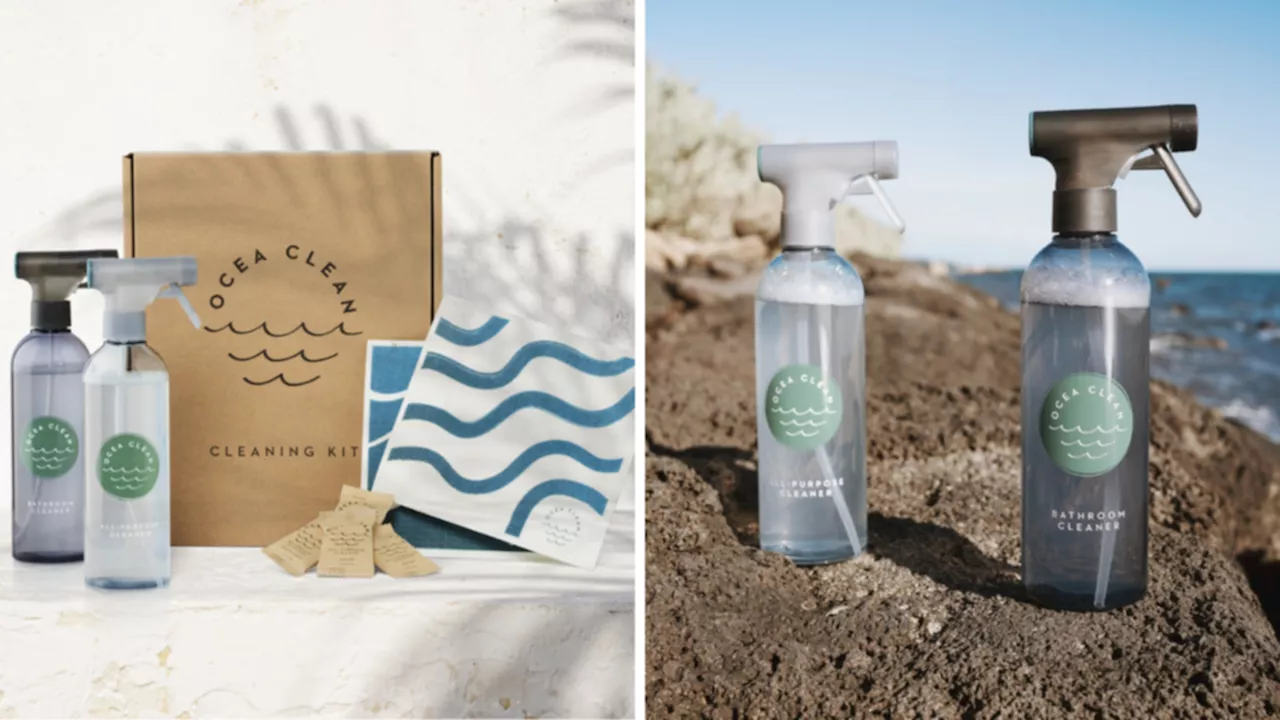 Ocea Clean: Your Eco-Friendly Cleaning Solution for 2025Ocea Clean, an Australian plant-based cleaning brand, offers a range of household essentials that are safer, healthier, and eco-friendly. Their products are free from toxic chemicals, cruelty-free, biodegradable, and contribute to removing plastic from the environment.
Ocea Clean: Your Eco-Friendly Cleaning Solution for 2025Ocea Clean, an Australian plant-based cleaning brand, offers a range of household essentials that are safer, healthier, and eco-friendly. Their products are free from toxic chemicals, cruelty-free, biodegradable, and contribute to removing plastic from the environment.
Read more »
 Ocea Clean: Eco-Friendly Cleaning for a Healthier Home and PlanetOcea Clean, an Australian plant-based cleaning brand, offers a range of safe, effective, and sustainable cleaning solutions. From reusable bottles to dissolvable tablets, their products are free from toxins, cruelty-free, and biodegradable. With every purchase, Ocea Clean helps remove plastic from the environment.
Ocea Clean: Eco-Friendly Cleaning for a Healthier Home and PlanetOcea Clean, an Australian plant-based cleaning brand, offers a range of safe, effective, and sustainable cleaning solutions. From reusable bottles to dissolvable tablets, their products are free from toxins, cruelty-free, and biodegradable. With every purchase, Ocea Clean helps remove plastic from the environment.
Read more »
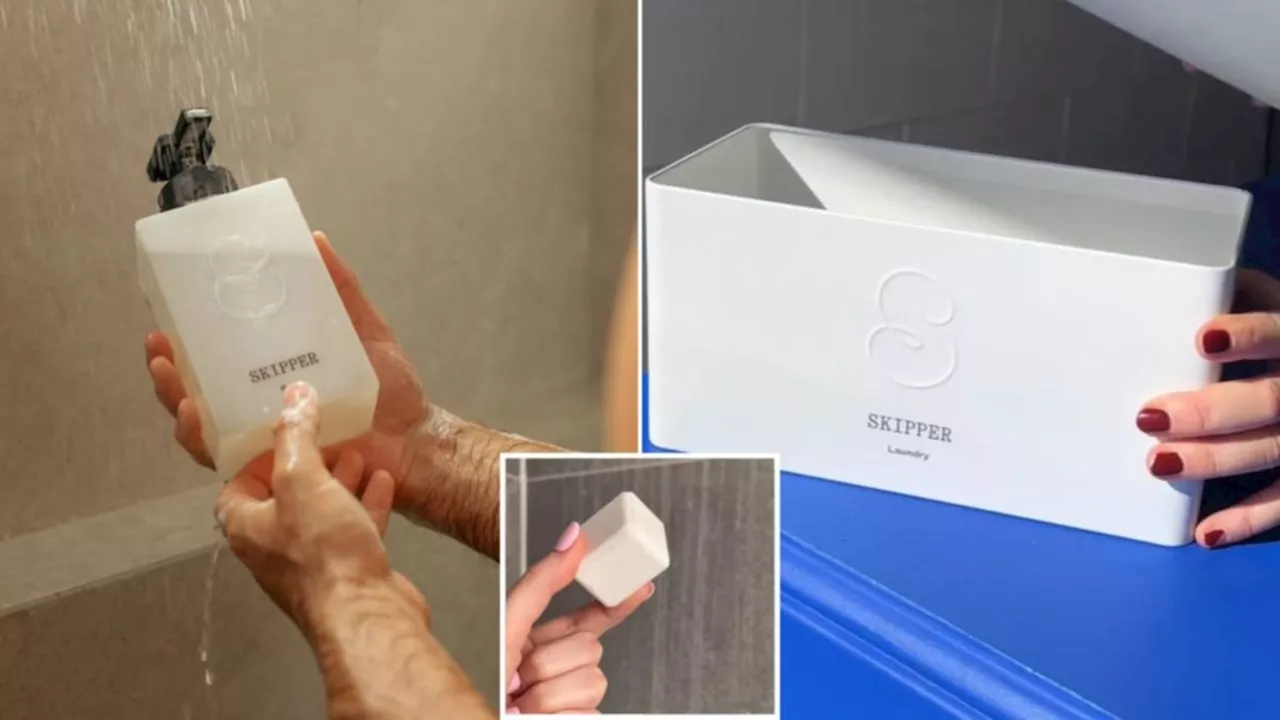 Aussie Brand Skipper Revolutionizes Cleaning with Eco-Friendly Tablet ProductsSkipper, an Australian home and body care brand, offers innovative tablet-based products that eliminate plastic waste and promote sustainability. By dissolving in water, these tablets create effective cleaning solutions for various purposes, including body wash, universal cleaner, face wash, hand wash, laundry detergent sheets, dishwasher tablets, and toilet blocks. Skipper is committed to fighting plastic pollution by donating a portion of its proceeds to organizations addressing the issue and advocating for a waste-free future. The products are also competitively priced, with individual items under $70.
Aussie Brand Skipper Revolutionizes Cleaning with Eco-Friendly Tablet ProductsSkipper, an Australian home and body care brand, offers innovative tablet-based products that eliminate plastic waste and promote sustainability. By dissolving in water, these tablets create effective cleaning solutions for various purposes, including body wash, universal cleaner, face wash, hand wash, laundry detergent sheets, dishwasher tablets, and toilet blocks. Skipper is committed to fighting plastic pollution by donating a portion of its proceeds to organizations addressing the issue and advocating for a waste-free future. The products are also competitively priced, with individual items under $70.
Read more »
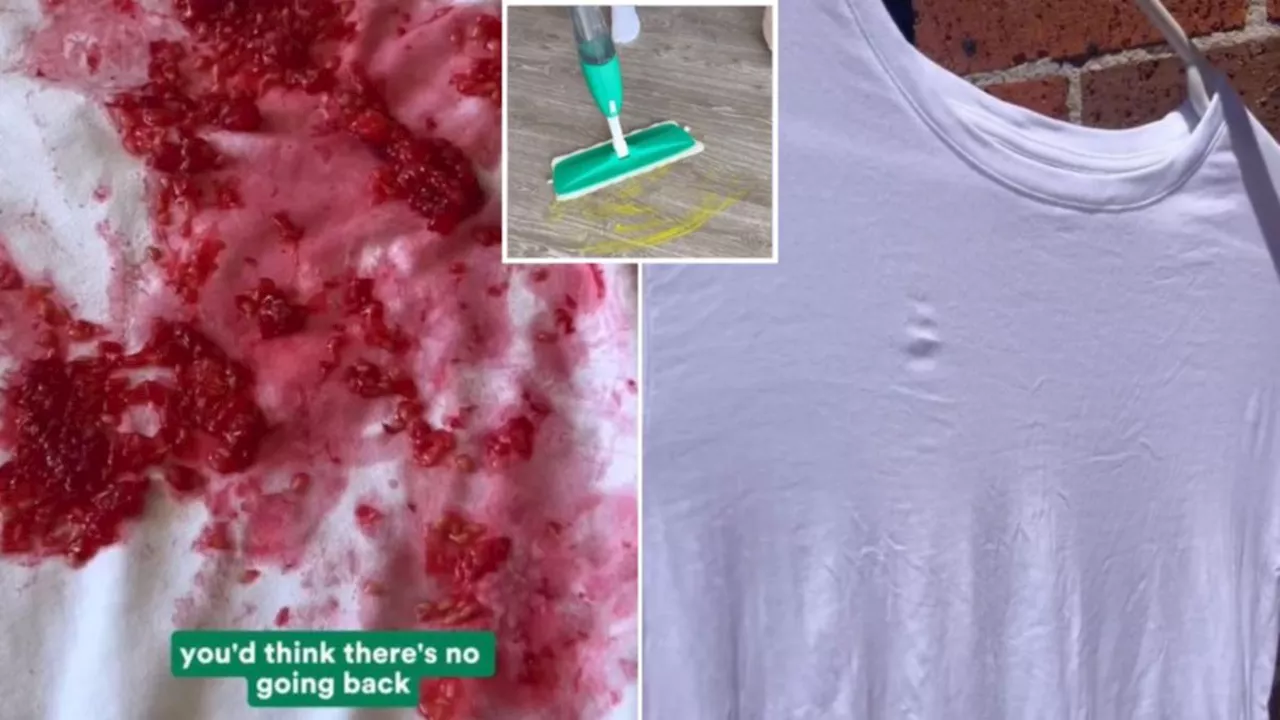 Koh: The Eco-Friendly Cleaning Solution Taking Australia by StormKoh, an Australian cleaning brand, offers a healthy alternative to conventional cleaning products by being free from harmful chemicals and fragrances. Founded by Sydney father Adam Lindsay after concerns about regular cleaning product ingredients, Koh products are renowned for their ability to remove tough stains while being gentle on families and the environment. The brand offers a variety of starter kits and individual products, all backed by over 100,000 positive reviews.
Koh: The Eco-Friendly Cleaning Solution Taking Australia by StormKoh, an Australian cleaning brand, offers a healthy alternative to conventional cleaning products by being free from harmful chemicals and fragrances. Founded by Sydney father Adam Lindsay after concerns about regular cleaning product ingredients, Koh products are renowned for their ability to remove tough stains while being gentle on families and the environment. The brand offers a variety of starter kits and individual products, all backed by over 100,000 positive reviews.
Read more »
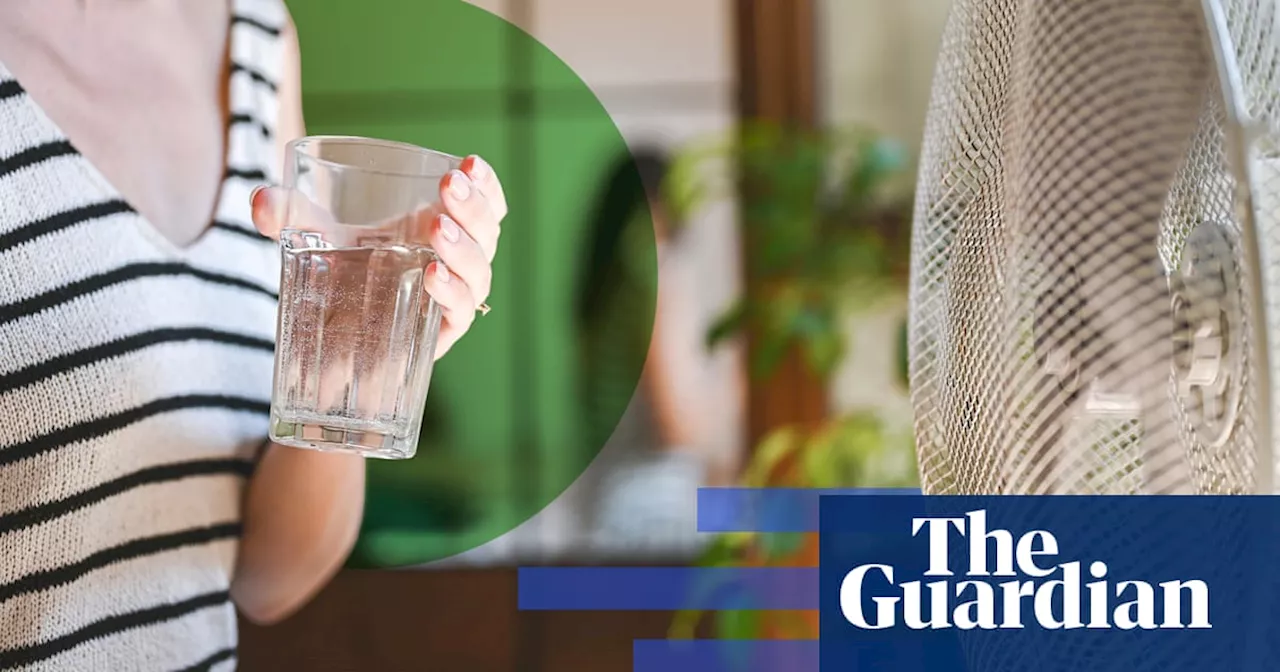 No air con? Try these DIY tricks to keep your house cool and your energy use lowAs January temperatures soar and parts of Australia swelter through a hot long weekend, readers share their eco-friendly tips and tricks for keeping cool
No air con? Try these DIY tricks to keep your house cool and your energy use lowAs January temperatures soar and parts of Australia swelter through a hot long weekend, readers share their eco-friendly tips and tricks for keeping cool
Read more »
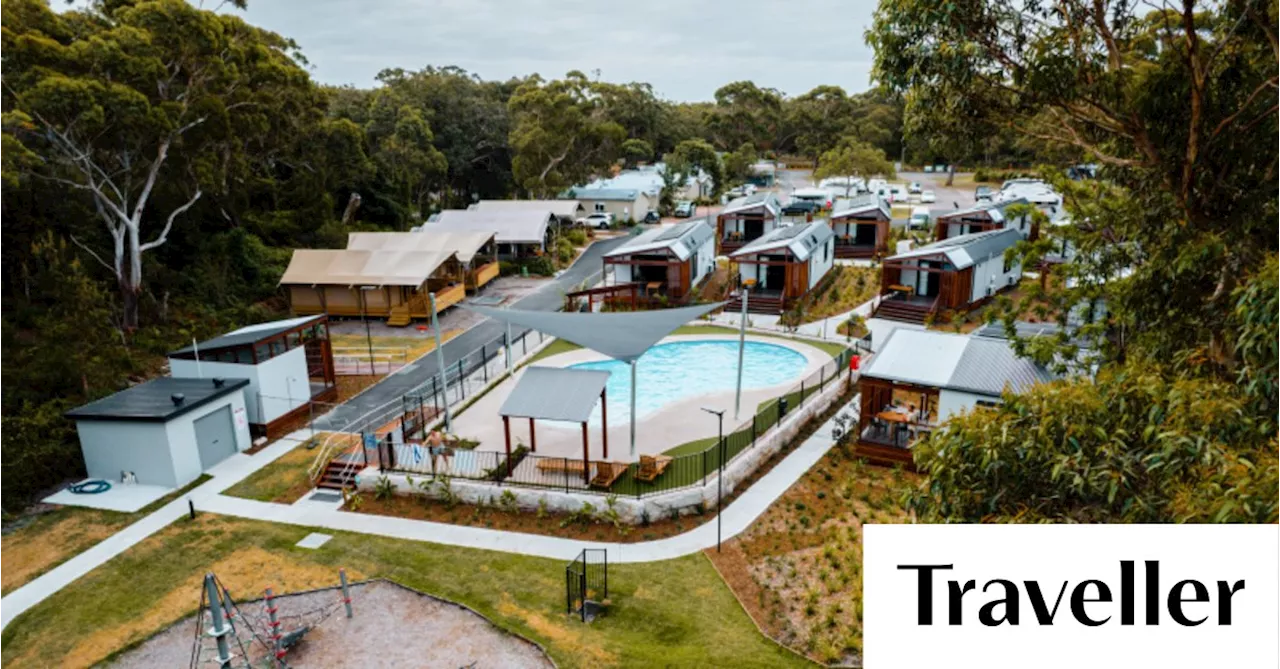 Reflections Jimmys Beach: Luxury Eco Cabins with a TwistReflections Jimmys Beach holiday park in NSW, Australia, offers new deluxe eco cabins with hotel-like amenities overlooking a saltwater pool and beach. The park boasts sustainable features like solar panels and rainwater collection, along with tiny homes, safari tents, and upgraded internet for remote work. This nature-based stay provides a unique holiday experience without breaking the bank.
Reflections Jimmys Beach: Luxury Eco Cabins with a TwistReflections Jimmys Beach holiday park in NSW, Australia, offers new deluxe eco cabins with hotel-like amenities overlooking a saltwater pool and beach. The park boasts sustainable features like solar panels and rainwater collection, along with tiny homes, safari tents, and upgraded internet for remote work. This nature-based stay provides a unique holiday experience without breaking the bank.
Read more »
